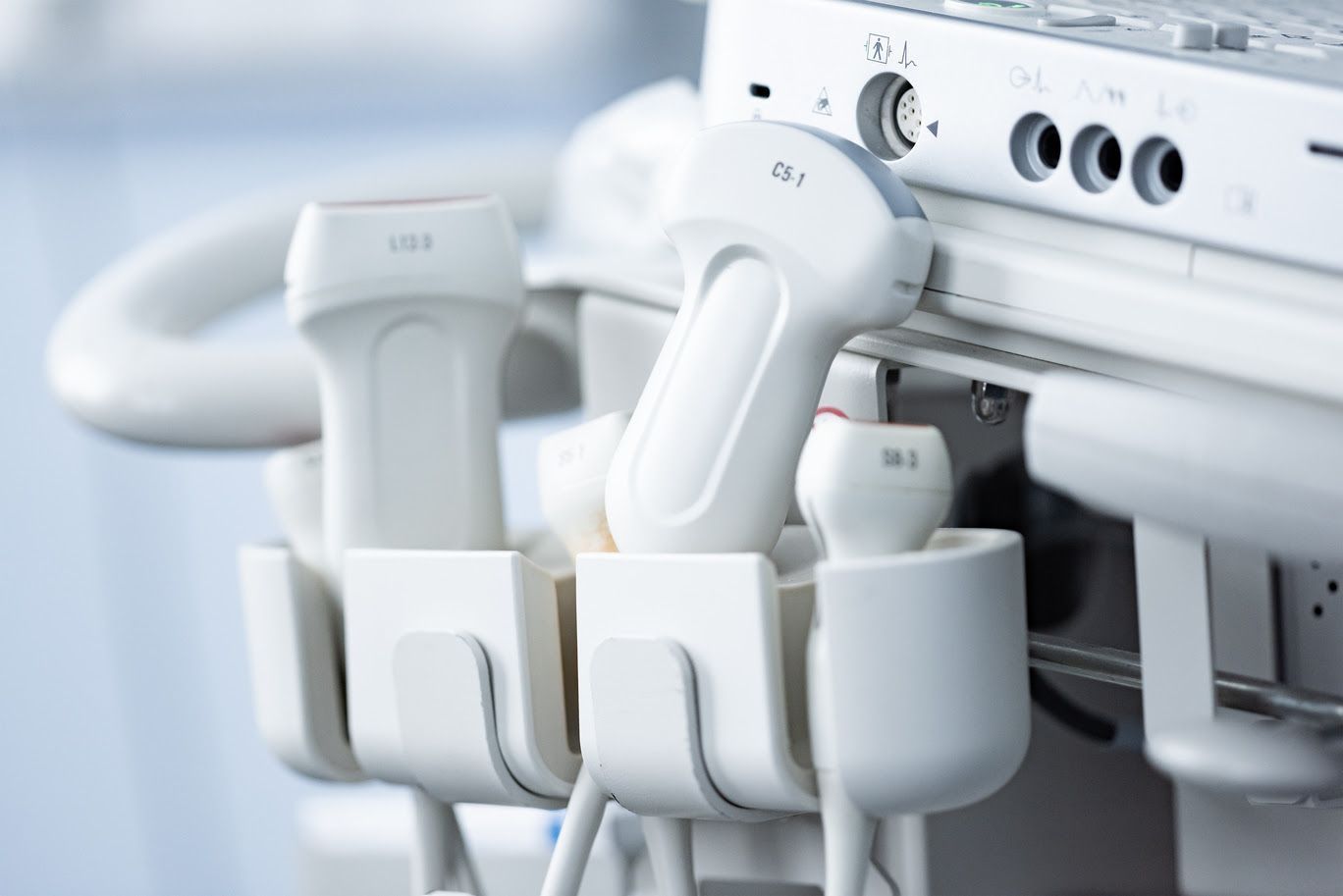
Biocompatibility evaluation and importance for medical device repair and the service industry
Biocompatibility evaluation of medical device (ultrasound transducers) repair helps ensure guidelines are followed and risks are reduced for the end user.
Fri Jul 20 2018
We recently spoke with Krista Choe, Probe Repair Director at Conquest Imaging, on Biocompatibility evaluations and the importance for the medical device repair and the service industry.
Why is biocompatibility evaluation for medical equipment in the repair and service industry important?
Biocompatibility testing measures how compatible a finished device is with a biological system. Every medical device should be assessed for its specific risk to the patient and staff. The International Organization of Standards (ISO) 10993-1 stated: “The primary aim of this part of ISO 10993 is the protection of humans from potential biological risks arising from the use of medical devices.”
When should biocompatibility evaluation be performed and by whom?
Biocompatible evaluation of devices should be performed by the third-party repair vendors and conducted by qualified testing labs. Tests should be performed before repaired product capability is marketed in the industry. This will guarantee that if the component materials of the device contact the body then its already proven to be safe, biocompatible and perform as expected. Additionally, all materials used should be of a medical grade certification. This applies to adhesives, silicone rubber parts and plastics, and other misc. parts.
What specific tests should be performed?
The tests that should be performed depends on the category of the medical device, its intended use and duration of contact between device and the body. For ultrasound transducers the test that should be performed is mainly Cytotoxicity but possibly Sensitization and Irritation.
Are other evaluations needed in conjunction with biocompatibility evaluation?
For medical devices like ultrasound transducers the other evaluations that must be carried out are acoustical power testing and material analysis. These tests ensure all materials and parts are to industry standards and will not put the patient and user at risk. For example, remanufactured acoustic arrays that are used in repairs may produce acoustic output values that are substantially different than the values that are acceptable.
What should one look for in serviced products?
With serviced products one should request documentation or confirmation that biocompatibility tests have be performed. Otherwise look to see if parts look faulty. If so, then it should be flagged, and questions should be asked to ensure the materials that are going into the device are safe for use.
Is there anything else I need to know about biocompatibility evaluation?
Unfortunately, biocompatibility evaluation is not required in the industry yet for non-OEM probe repair companies in the United States and they are not currently regulated by the FDA. Maybe in the future potential changes to FDA regulation could happen which could require this. But, at this time third-party repair vendors in the industry should comply with regulations for manufacturers, as a good practice and end user experiences (positive and/or negative) should be shared on a serviced product.
To learn more about Conquest Imaging, here.
